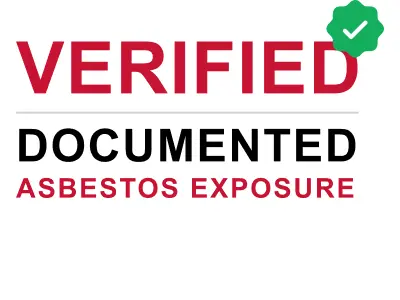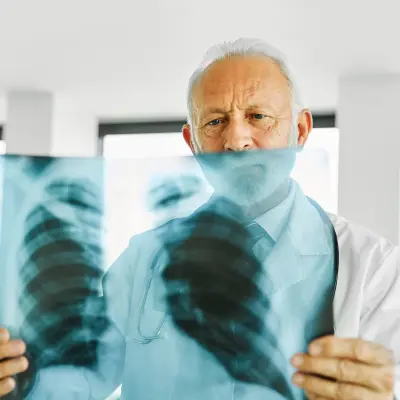Asbestos Exposure Consequences
Amp, Main Office Building, Rt. 283 in Harrisburg, Pennsylvania employees were directly exposed to asbestos
throughout their
employment, particularly between 1965 and 1982, when asbestos was heavily used.
Asbestos fibers,
microscopic and easily inhaled, are incredibly durable. Once inhaled, they can lodge in the lungs and
other organs. The body struggles to remove these fibers, leading to chronic inflammation and scarring.
For those who worked at Amp, Main Office Building, Rt. 283, this process significantly increased the risk of severe and
often fatal asbestos-related diseases, including mesothelioma, lung cancer, asbestosis, and various
pleural conditions.
Secondary Asbestos Exposure
Asbestos exposure extended beyond the Amp, Main Office Building, Rt. 283 in Harrisburg. Workers often unknowingly
carried
asbestos dust home on their clothing, skin, hair, and tools. This resulted in secondary, or “take-home,”
exposure for family members residing in Harrisburg and surrounding communities. Even low levels of asbestos
exposure can be harmful, and these diseases often have a long latency period, sometimes appearing
decades after the initial exposure, leaving families devastated years after a loved one worked
at Amp, Main Office Building, Rt. 283.


 Compensation may be available for former Amp, Main Office Building, Rt. 283 PA workers exposed to
asbestos from 1965 to 1982 and later diagnosed with an asbestos-related disease.
Compensation may be available for former Amp, Main Office Building, Rt. 283 PA workers exposed to
asbestos from 1965 to 1982 and later diagnosed with an asbestos-related disease.









 Call
Call